The World Called, by Adolphus Hailstork
Text: Testimonial, by Rita Dove, 1993 United States Poet Laureate
Commissioned by The Oratorio Society of Virginia
Premiered on May 25, 2018
Michael Slon, Music Director
with Christina Pier, Soprano
Program Notes
We are delighted to present today a work which was commissioned for the occasion. It is the creative product of two people who, like so many of us, have come from anywhere to call Virginia home. This collaboration draws upon unique experiences to express the universality of human experience. Dove’s poem “Testimonial” is the seventh of eight in “Freedom: A Bird’s-Eye View” – a section of her book On the Bus with Rosa Parks. The poems in this section speak of experiencing the world through youthful eyes: riddles, rhymes, a first book, discovering the library. Hailstork’s musical setting of “Testimonial” (which Dove personally helped paint onto a public mural in Charlottesville last year) is vibrant with the air of discovery, giving us a glimpse of the world unfolding before a young person’s senses.
The opening motif gives a taste of what is to come: with a nod to one of the poet’s other favorite pursuits – ballroom dancing – Hailstork casts much of the poem with dancelike rhythms. The choral fanfare establishes the theme of the work: “The world called, and I answered” – though this is neither the title nor the first line of Dove’s poem. A playful gesture from the woodwinds dispenses with any brief solemnity in the “answer.”
The story begins in earnest “back when the earth was new.” While this phrase could refer to deep time and the planet’s beginnings, I think here it rather evokes the sense of discovery in every new human who encounters the wideness of the world. Hailstork endows this phrase with a distinctive melodic shape that has a mysterious quality; the supporting choral chords (for the orchestra drops out) draw from a number of distinctly American choral sounds, from close parallel movement to jazz idioms. Pay attention to the care with which he evocatively sets phrases like “just a whisper” and “rank and file.”
In the next section, the orchestra in a musically amorphous passage sets up the soloist’s entrance, notated in rhythms which sound free and timeless. Slowly, however, both time and thought begin to crystallize, evolving into an irresistible dance, so that by the middle section, Hailstork’s music becomes imbued with the ecstatic spirit of a young person whirling through the budding experiences of life.
The reeling suddenly halts, and the narrator/soloist turns meditative... almost reverent. The choir’s response contains exquisite musical writing. “Luck leaked out... everywhere” in drips and drops as the narrator expresses her promise. The music then subsides into an ever more gentle undulation between two chords which finally merge and fade unresolved by the chorus, leaving the resolution to the orchestra.
© 2018 Winston Barham
